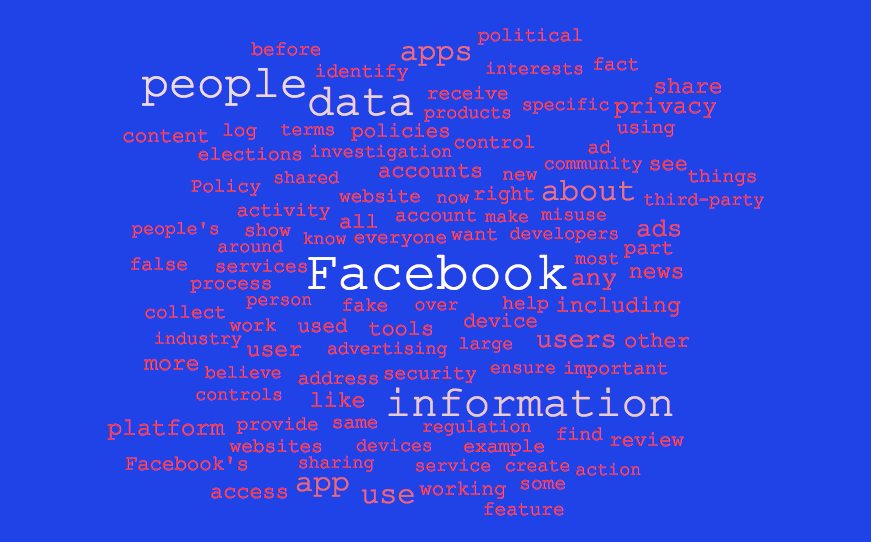Facebook has been under scrutiny for its handling of user data, with concerns raised about how the company handles privacy. In the latest development, Facebook has given the names of 52 firms it gave deep data access to, following the revelation that the social media giant gave device makers access to data on Facebook users and their friends.
Last month, the New York Times reported that Facebook had provided device makers with access to data via device-integrated APIs. The partnerships have raised fresh privacy concerns, as it remains unclear how the data was being used and whether it was adequately protected. The revelation casts doubt on Facebook’s repeated claims to have “locked down the platform” in 2014/15, when it made changes to its APIs to prevent developers from accessing data via its Friends API.
The list of firms that Facebook provided deep data access to has not been made public, but lawmakers are seeking further information on the partnerships.
1. Accedo
2. Acer
3. Airtel
4. Alcatel/TCL
5. Alibaba
6. Amazon
7. Apple
8. AT&T
9. Blackberry
10. Dell
11. DNP
12. Docomo
13. Garmin
14. Gemalto
15. HP/Palm
16. HTC
17. Huawei
18. INQ
19. Kodak
20. LG
21. MediaTek/ Mstar
22. Microsoft
23. Miyowa /Hape Esia
24. Motorola/Lenovo
25. Mozilla
26. Myriad
27. Nexian
28. Nokia
29. Nuance
30. O2
31. Opentech ENG
32. Opera Software
33. OPPO
34. Orange
35. Pantech
36. PocketNet
37. Qualcomm
38. Samsung
39. Sony
40. Sprint
41. T-Mobile
42. TIM
43. Tobii
44. U2topia
45. Verisign
46. Verizon
47. Virgin Mobile
48. Vodafone
49. Warner Bros
50. Western Digital
51. Yahoo
52. Zing Mobile
Facebook has stated that it has discontinued most of the partnerships, with only a few remaining. However, the company has not provided details on how it monitored or enforced the agreements.
This latest development highlights the importance of user privacy and the need for companies to be transparent about their data-sharing practices. As users, it is important to be cautious about the information we share online and to hold companies accountable for their handling of our data. It also underscores the need for regulations to ensure that companies are held accountable for any misuse of user data.





